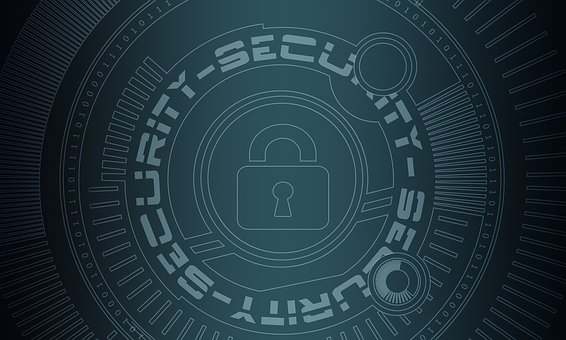
As healthcare providers shift from paper-based to electronic health records (EHRs), individuals need to understand the difference between security and privacy when protecting their sensitive health information. Expert Frances Abeton in Dublin, Ireland, will discuss what you need to know about security and privacy regarding your EHRs. First, let’s define each term. After defining each term, we will go into more detail about how companies protect their patient’s confidentiality and information. So read on to learn more.
Security
Industry expert Frances Abeton says the security goal is to protect information from unauthorized access or use. Only authorized personnel—such as physicians and other medical professionals—have access to patient data stored in EHRs. This requires a security system that includes firewalls, antivirus software, encryption technology, and regular backups of data.
Privacy
The goal of privacy is to protect personal information from being seen or shared without an individual’s consent. Any sharing of protected health information (PHI) is also essential to comply with laws such as the Health Insurance Portability and Accountability Act (HIPAA). This involves ensuring that only individuals who need access to PHI have it to provide care or services required by the patient. It also means giving patients control over their data by allowing them to view or change their records as needed.
Implications of Security and Privacy
Frances Abeton says security and privacy are essential in protecting individuals’ sensitive health information stored in EHRs. Without secure systems, hackers could potentially gain access to PHI stored electronically, putting patients’ privacy at risk. On the other hand, if there are not strong privacy measures in place, such as HIPAA compliance, then PHI could be shared without an individual’s permission or knowledge, leading to severe consequences for the patient and provider involved.
For example, without proper security measures, a hacker might be able to steal someone's identity by obtaining the credit card numbers stored in their EHR. In contrast, without appropriate privacy measures, someone's confidential medical information could be shared without their knowledge, leading them vulnerable in various ways, such as identity theft or insurance fraud, or, worse still, a breach of confidentiality by someone they trust, like a medical provider! Thus, ensuring appropriate levels of security and privacy are maintained is essential for protecting individuals' sensitive health information stored electronically!
What Is Being Done to Protect Your EHRs?
Fortunately, expert healthcare providers are taking measures to ensure the security and privacy of patient records stored in EHRs. These measures include training medical staff on handling PHI appropriately, implementing access control systems that limit who can view or edit a patient’s data, and regularly monitoring systems for possible threats or breaches. Additionally, encryption technology helps protect data from being accessed or altered by unauthorized individuals.
By understanding the difference between security and privacy in EHRs, you can be sure that your sensitive health information is protected and secure. By working with healthcare providers to ensure appropriate measures are taken to safeguard your information, you can rest assured that your data is safe.
By increasing everyone’s knowledge and understanding of the importance of security and privacy in healthcare, we can all do our part to ensure that sensitive health information remains secure and private. Additionally, we as individuals must be aware of our rights regarding our health information and speak up if we have any concerns. These steps will help ensure that everyone’s sensitive health data stays safe and secure.
Frances Abeton says the more secure an EHR system is, the better it can protect patient privacy and prevent unauthorized access. By implementing strong security measures, healthcare providers can ensure that their patient’s data is secure and that their privacy is respected. With the proper security measures in place, healthcare providers can be confident that they are taking all necessary steps to protect patient data and provide quality care to those who need it.
At the same time, individuals should also understand their rights regarding their health information and ensure they are taking steps to protect it. By being aware of the potential risks, individuals can take proactive measures to safeguard their data and ensure that only authorized people have access to their information.
In summary, understanding the differences between security and privacy regarding your electronic health records is critical for protecting your sensitive health data from unauthorized access or use. Healthcare providers should ensure they have robust security and privacy systems so patients’ personal information remains safe. Additionally, patients should take steps such as familiarizing themselves with HIPAA regulations. Hence, they know what rights they have regarding their data and how it may be used by healthcare providers treating them. By taking these steps now, you can help keep your electronic health records secure and private now and into the future!
